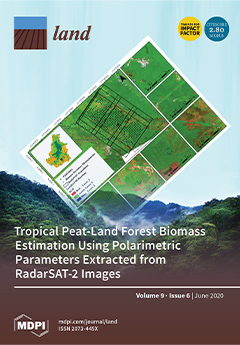Resource information
Inequalities in land rights exist globally, both in formal and customary settings. This is because land rights are either strong or weak, and held by various categories of people. The weaker variants of the inequalities tend to stifle tenure security, reduce land use, and threaten the food security of those dependent on the land for survival. This paper investigated the implications of customary land rights inequalities and varying tenure insecurity for food security among smallholder farmers in northwest Ghana. It identified the nature of rights inequalities, the number of rights and in whose possession. The research also assessed the kinds and nature of land rights as well as how such rights affect people’s farm sizes and subsequently farming output for ultimate food security. The data collection techniques were focus group discussions and interviews of key informants and key players in key organisations. Results revealed the existence of food insecurity among smallholder farmers (settlers/migrants) who have both fewer and weaker land rights as compared to landowners who possess numerous and stronger rights in the study area. Results also showed that weak and unequally skewed land rights lead to uncertain tenure durations and reduced farm sizes, which affects farmed area, farm output, food availability, accessibility and food security. Furthermore, farmers expressed the need to apply coping strategies to overcome the impact of unequal land rights. This research recommends further studies to design intervention strategies to better understand land rights inequalities and their implications. The outcome is expected to contribute to informing interventions to narrow these inequalities and reduce the implications that can later enhance food security.


